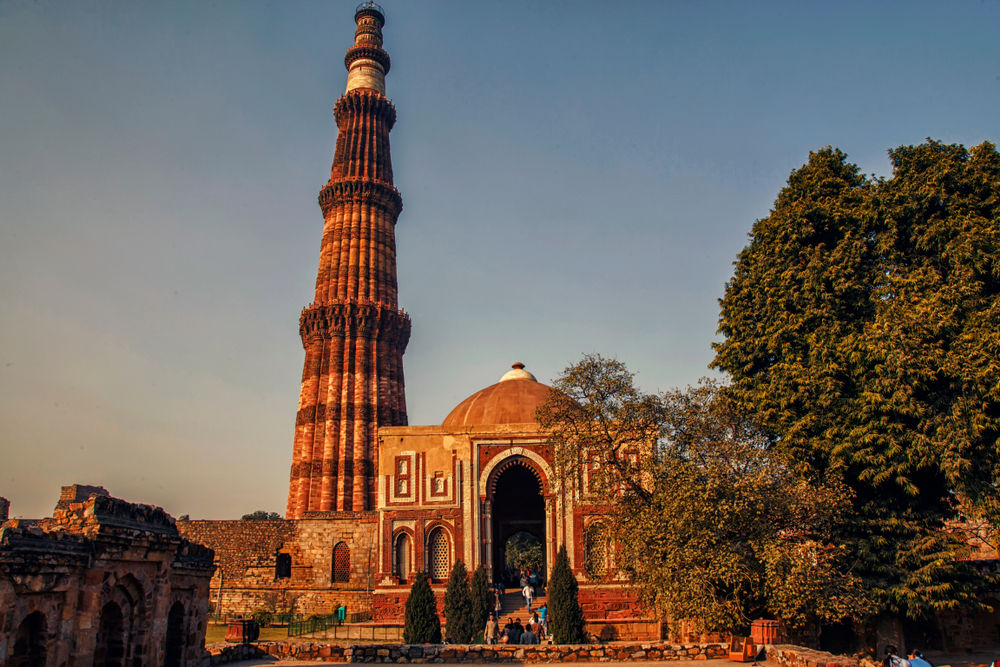Sir — Qutub Minar is the latest monument to be illuminated in order to encourage night-time tourism. Any boost to the tourism sector would be welcome. But several things need to be considered first. Monuments in India are notorious for being inaccessible to people with disabilities. The absence of daylight will thus make life more difficult for them. Additionally, streets in Delhi are known worldwide for being unsafe at night. How will the tourists visiting the monuments get home safely? Encouraging tourism needs to be accompanied by other concrete infrastructural developments.
Esheeta Chowdhury,
Calcutta
Laid bare
Sir — The article, “Too strong to beat” (Sept 2), by Nikhil Dey and Aruna Roy was enlightening. It underlines the significance of the Right to Information Act and how it makes the government accountable and thus uncomfortable. The ulterior motive of the Bharatiya Janata Party government at the Centre behind curbing the independence of information commissions has been revealed. The five-year tenure of the information commissioner without transfer or interference guaranteed by law was a powerful weapon ensuring his independence. The government has diluted the RTI to shield its misdeeds.
Sadly, the Opposition and state governments run by the non-BJP have kept a low profile on this issue as they are guilty of similar offences. Only a powerful movement by the civil society can save the RTI, which is the most powerful weapon in a democracy like India.
Jahar Saha,
Calcutta
Violent streak
Sir — As the editorial, “Toxic ritual” (Aug 30), rightly points out, power thrives on violence and fear. Owing to the mere lip service paid to curbing the menace of ragging it continues to thrive. Callous vigilance, rare cases of serious punishment and — this is significant — the liberal attitude towards ragging add to the problem. Ragging not only physically harms the victim, but also leaves a permanent mark on his or her psyche. On occasion, their careers are nipped in the bud. The less that is said about the agony of parents and the economic losses sustained by them the better.
Merely setting up inquiry committees after an incident of ragging will not do. The guilty should be expelled and also barred from enrolling in any other educational institution. The superintendent of the hostel and the principal of the institution should be punished if they do not take prompt action.
Incidents of ragging also expose the flaws in our education system, which might be successful in churning out academically brilliant students, but fails to inculcate the right values in them. Educationists and policymakers should think of laying stress on value-based education.
Kajal Chatterjee,
Calcutta
Scary, not funny
Sir — One of the features of the present-day Indian democracy is that things that appear ridiculous or hilarious can also be terribly alarming. The president of a housing complex in Calcutta has lodged a first information report against the woman he had humiliated and insulted. Apparently she has intimidated him and caused him hurt with a dangerous weapon — which, some speculate, was a phone. Clearly, a run in with an independent woman can ‘intimidate’ adult men. To add to it, the FIR against the girl was allegedly meant to “arrest” her “luxurious lifestyle” and stop her from being a “night comer” and a “queen”. These accusations would be funny if they had not been so disparaging.
Rima Roy,
Calcutta
Sir — The treatment meted out to the young woman from a housing complex in the city is a blot on the face of us Calcuttans who take pride in our culture. If respecting a woman is not part of our culture, then what is? It is also a matter of shame that the police force seems to be unaware that being a “night comer”, and “leading a luxurious life” are not crimes and there can be no excuses for including these in an FIR.
Lahari Mahalanabish,
Calcutta











